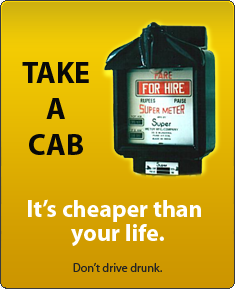News
40% of Indians don't take traffic rules seriously - Survey
8 crore traffic challans were issued in 2024. The total fines issued during the year stood at Rs 12,000 crore.
We are all too familiar with the road culture in India. It’s chaotic at best and often outright dangerous. Traffic rules are blatantly disregarded, resulting in accidents. According to a recent survey by Cars24, 40% of Indians don’t take traffic rules seriously. Just look at the number of challans that were issued last year.
8 crore traffic challans were issued in 2024. The total fines issued during the year stood at Rs 12,000 crore (Rs 9,000 crore remain unpaid). To put that into perspective, the fines collected in India exceeded the GDP of many small countries.
To learn more about how Indian drivers think about challans and road safety, Cars24 conducted a survey with 1,000 participants, and the results were astonishing.
Road rules are optional unless enforcement is visible
43.9% of drivers who took part in the survey claimed that they followed traffic rules, while 31.2% said that they checked if there were any police around before adjusting their driving. 17.6% said that they actively monitor their surroundings and adjust to avoid fines.
Compliance is fear-driven, rather than habit-driven
51.3% of the respondents said that they check their speed and ensure they are following the rules when they see a traffic cop. 34.6% slow down instinctively, even when they are not breaking rules, while 12.9% adjust their driving or take a detour to avoid getting caught.
Technology cannot change driving behaviour unless penalties are severe
CCTV cameras monitoring traffic movement do not seem to have much of an effect on driving behaviour. 47% claimed that they drive the same way, while 36.8% said that they slow down when they spot a camera. Except for speed cameras, 15.3% of the drivers ignored roadside cameras.
The survey suggests that fines are minor inconveniences for drivers rather than deterrents. 60.3% of drivers said that they would follow traffic rules if fines were doubled. Shockingly, 20.4% said they would still take risks.
Then, there are the 14.2% of individuals who would negotiate their way out of a challan. Speaking of which, 38.5% admitted they had paid a bribe once or twice, and 15.9% said they do it often. 29.2% claimed that they always paid fines the right way.
The data shows that people admit they adjust rules based on the situation and not because they believe in following them. So, until we shift from compliance out of fear to discipline out of belief, no amount of enforcement can improve the situation.
A few solutions that could deter habitual offenders and make our roads safer:
- Strong penalties with severe consequences for non-payment of dues. These can include suspension of driving licenses, increased insurance premiums, and legal actions.
- Leveraging technologies like AI-based real-time monitoring and instant penalty systems.
- Developing platforms where citizens can report traffic violations.
- Creating awareness by integrating road safety education into school curriculums and conducting regular refresher courses for license renewals.













.jpg)











